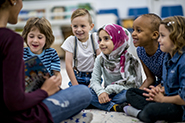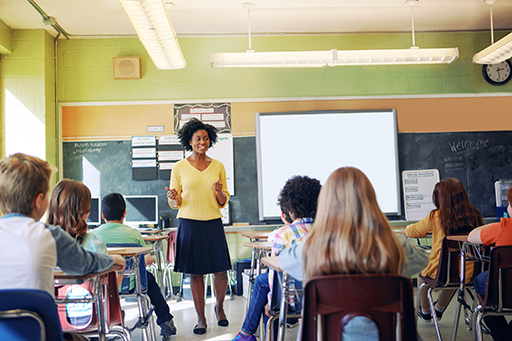1 What is going on? Why is it important?
Did you know that all children in England should be receiving Religious Education (RE) as part of the educational provision in state-funded schools?
According to a recent Ofsted report, good RE teaching should be intellectually challenging and personally enriching, enabling pupils to be able to take an informed and educated position ‘within a diverse multi-religious and multi-secular society’ (Ofsted, 2021).
While it is a statutory requirement, RE provision can be spotty in both quality and time provided to the subject. When it is taught well, many students love it. In a recent survey of current undergraduates (Harvey, 2021a):
- 72% agreed with the statement ‘I enjoyed Religious Education/Religious Studies at secondary school’
and
- 70.8% agreed with the statement ‘I personally learned a lot from Religious Education at secondary school’
While some experiences are glowing:
I think these school lessons are so crucial to teaching morals and values, respect for all people and communities, and it provides us with the foundation frameworks to make life decisions.
Others are not:
[RE was] ‘very unfocussed – not really exploring the roots of faith or the philosophy of major religions – instead just learning some trivia about a few religions’.
When RE is not taught by well-trained and enthusiastic teachers, pupil experiences can also be negative.
Activity 1
Take a minute to reflect on the following questions:
- What are your memories, experiences and/or expectations of Religious Education?
- What are your worst fears?
- What might be the best-case scenario?
Discussion
We each have a uniquely personal association with the word and experience of ‘religion’ and how religious ideas and practices were taught to us. These two things – our personal associations with religious and non-religious beliefs and how they were taught to us can be difficult to tease out from each other. Some of these experiences might be positive, drawing our attention to a sense of meaning and purpose for our lives and how we are connected with our family, community, and the world around us. However, other experiences of religion and Religious Education might be less than positive.
One influential proposal on orienting RE to the needs of twenty-first-century pupils is known as ‘Religion and Worldviews’. This proposal is gaining traction by many of the leading providers of high-quality teaching resources.
The next section of this course will explain a bit more about these proposals for ensuring that English children learn to be:
open-minded, critical participants of public discourse, who make academically informed judgements about important matters of religion and belief which shape the global landscape.
How can we ensure the ‘best case scenario’ for Religious Education in schools is likely to be experienced?

